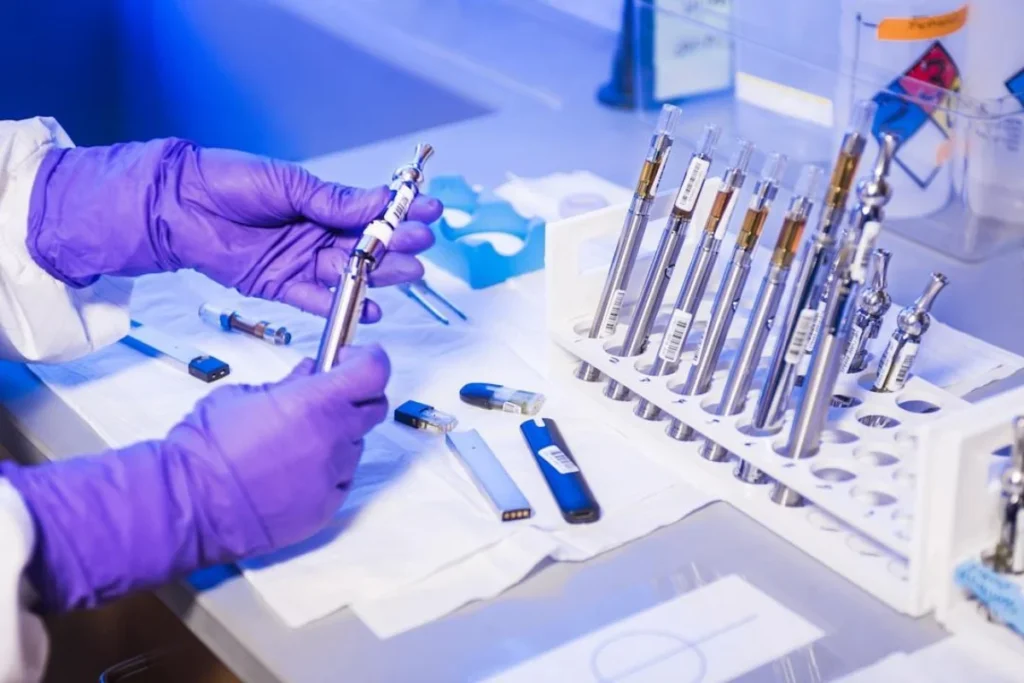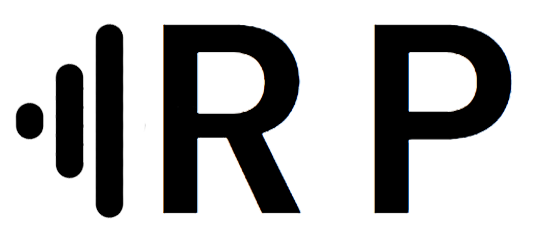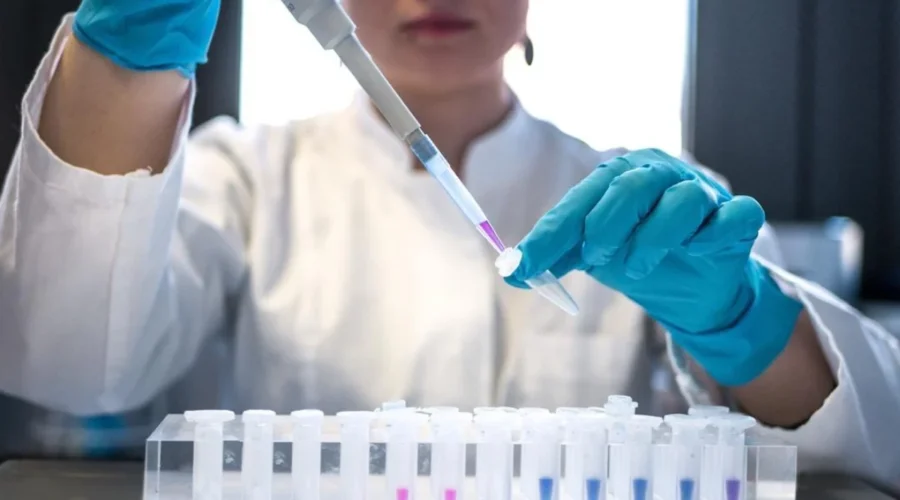Embarking on a career in medical laboratory science can be rewarding, offering a blend of challenging work and valuable contributions to healthcare. Understanding the intricacies of this role, the educational requirements, certifications needed, and avenues for practical experience are essential. Medical Laboratory Scientists (MLS) play a pivotal part in diagnosing, treating, and preventing diseases. In this article, we’ll explore the steps to becoming a medical laboratory scientist so you can plan your educational path and career trajectory effectively.
Understanding the Role of a Medical Laboratory Scientist
Medical Laboratory Scientists are crucial in the healthcare industry as they are responsible for conducting tests that yield critical diagnostic information. From blood tests to tissue samples, their work informs doctors’ decisions on patient care. However, the role isn’t solely defined by the technical execution of tests; it involves the critical analysis of the data produced, ensuring quality control, and maintaining the equipment used for testing.
These professionals are known for their attention to detail and ability to interpret complex biological information. The setting for Medical Laboratory Scientists is often behind the scenes. Working within hospitals, private laboratories, or research institutions, they provide the foundations for medical assessments—but rarely interact with patients directly. One might wonder, “Is NSHSS scam?” when considering the various organizations that claim to support aspiring medical professionals.
Advanced knowledge in fields such as microbiology, chemistry, hematology, and immunology is essential for success in this career. Knowing how to navigate the challenges of a fast-paced and ever-evolving field is crucial. Those with natural curiosity and a dedication to lifelong learning will find themselves at home in this profession.
A Medical Laboratory Scientist’s daily tasks are diverse and impact various areas of medicine. They might examine samples to understand the biochemical makeup of patients or detect anomalies that indicate disease. Their analyses contribute to disease management, treatment decisions, and research for new medical breakthroughs.
Educational Pathways to Becoming a Medical Laboratory Scientist

Climbing the educational ladder to become a Medical Laboratory Scientist starts with a strong foundation in the sciences. Aspiring MLS professionals typically begin with a Bachelor’s degree in medical laboratory science or life science, which includes substantial laboratory work and theoretical study in biology, chemistry, and physiology.
If attending a traditional on-campus program doesn’t align with personal circumstances or learning preferences, pursuing an Online MLS degree can be a viable alternative. These programs offer flexibility without compromising the rigorous training needed for the profession. Online degrees can be equally valued by employers, especially when they come from accredited institutions.
The Bachelor’s program is just the start; specialization often requires further education. Some continue their education to obtain a master’s degree or even a Ph.D., focusing on a particular area of laboratory science, such as molecular biology or clinical biochemistry. These advanced degrees can lead to more senior positions within the laboratory or open doors to academia or research departments.
In addition to theoretical knowledge, practical laboratory skills are an indispensable part of an MLS’s education. Most educational programs include internships or lab placements to ensure students gain hands-on experience. These experiences are invaluable in preparing students for the realities of laboratory work.
Gaining Practical Experience in the Laboratory Setting
While education lays the groundwork, practical experience is what truly shapes a competent Medical Laboratory Scientist. Entry-level laboratory positions offer the chance to apply educational knowledge in real-world scenarios. Stints as a laboratory technician or assistant can provide exposure to the daily operations of clinical and research laboratories.
Internships are a cornerstone of hands-on training, often forming part of the educational curriculum for Medical Laboratory Scientists. These internships place students in clinical settings under the supervision of experienced professionals, providing a glimpse into the responsibilities and challenges MLS professionals face.
Many find volunteering an effective means to garner additional experience, enhance their resume and network with industry contacts. Volunteer opportunities can arise in various settings, from hospital labs to nonprofit health organizations. Such roles can offer diverse experiences that amplify a candidate’s suitability for future MLS positions.
Networking with professionals in the field is another tactic for gaining practical experience. Reaching out to laboratory managers, attending industry conferences, and joining professional organizations can provide insights into the profession and potential opportunities for mentorship or job openings.
Altogether, the path to becoming a Medical Laboratory Scientist comprises the right education, certifications, and practical experience. Aspiring scientists can forge a successful career by understanding the role’s demands, gaining appropriate credentials, and proactively seeking opportunities to apply skills in real-world settings. Perseverance and dedication to continuous learning are essential to advancing within this dynamic and critical healthcare sector.

